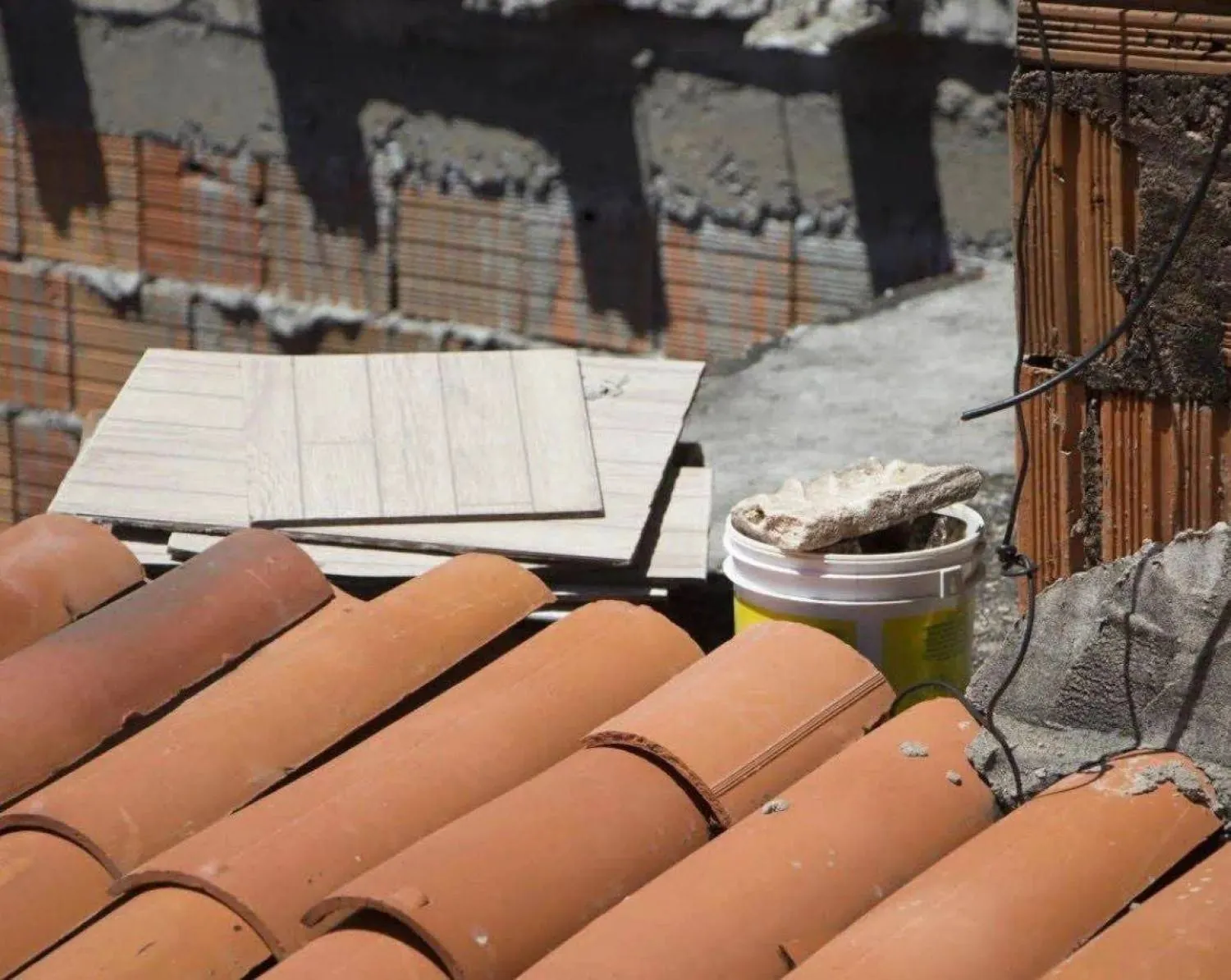Burkina Faso has welcomed a partnership with the Riyadh-based Islamic Military Counter Terrorism Coalition to tackle the growing threat of al-Qaeda and ISIS in the Sahel.
The plan includes training its special forces to fight terrorism.
The announcement came after a five-day visit by the coalition’s Secretary-General, Maj. Gen. Mohammed Al-Moghedi, who met with Burkina Faso’s military leaders.
Burkina Faso is the second most affected country by terrorism in the last decade, after Afghanistan. Armed groups now control about 40% of the country, according to international estimates.
A delegation from the coalition met with Burkina Faso’s Chief of General Staff, Brig. Gen. Célestin Simporé, to discuss the “Sahel Program”—a strategy to fight terrorism in the region. The plan was introduced at a defense ministers’ meeting in Riyadh last February.
The program focuses on four areas: ideology, media, terrorism financing, and military operations. Brigadier General Simporé said the visit was important for implementing the plan and launching training programs.
He also praised the coalition’s efforts, especially Saudi Arabia’s support, in boosting security and counter-terrorism capabilities.
Maj. Gen. Mohammed Al-Moghedi, Secretary-General of the coalition, stressed the importance of international cooperation to bring stability to the Sahel, which continues to suffer from terrorism.
The coalition said on X (formerly Twitter) that discussions focused on training Burkina Faso’s forces, with support from Saudi Arabia, as part of the Sahel Program.
Since 2015, Burkina Faso has faced increasing attacks from terrorist groups, with 40% of the country now under militant control. Despite military efforts, attacks have intensified, including a deadly raid in August that killed over 200 civilians in the north.
The military is working to regain control and strengthen partnerships to fight terrorism.









